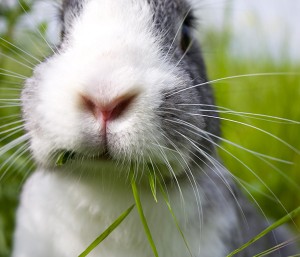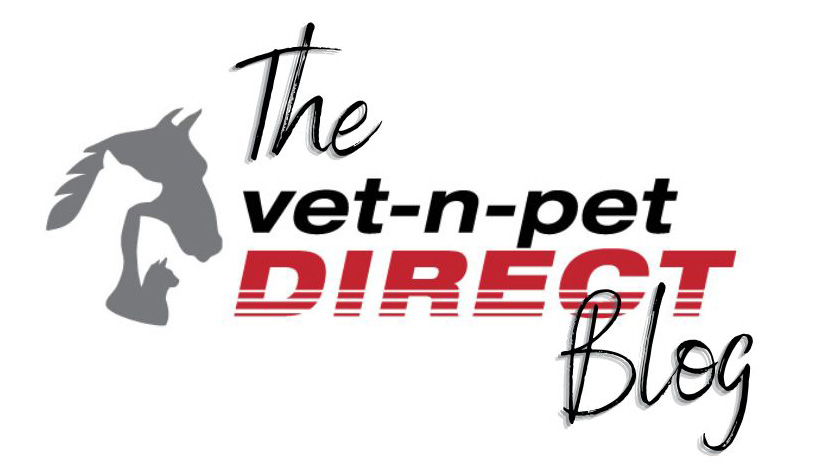 With that very famous rabbit, the Easter bunny, due to drop off some chocolate treats
With that very famous rabbit, the Easter bunny, due to drop off some chocolate treats
soon, it made me think about how great it would be to have a pet bunny.
Unfortunately, I live in Queensland, the only state in Australia where it is illegal to keep rabbits as pets. Rabbits are declared as a Class 2 pest animal under the Land Protection (Pest and Stock Route Management) Act 2002. It is therefore illegal to keep a rabbit in Queensland and you can be fined up to $44,000 for having a rabbit without a permit. In Queensland a permit will not be issued for owning a rabbit for any private purpose. Wild rabbits are considered Australia’s most destructive agricultural and environmental pest. The reason keeping a rabbit in Queensland is illegal is because there is a rabbit proof fence stretching 550 km from Mt Gipps to Goombi which helps keep rabbit populations under control and protects agriculture. The law stands to protect this area from any more rabbits being introduced and therefore endangering the rabbit free status of the area.
Regulations do apply in all states when it comes to keeping rabbits as pets, so it is best that before considering to buy a rabbit you speak to your local council to understand any conditions or restrictions.
So since I live in Queensland, owning my own rabbit is just a dream. However, I still thought I would share a bit of information on what great pets rabbits can be and how to care for them.
Bunnies are adorable little pets that are cute and cuddly and can even be affectionate when given the chance. They make great inside pets for quite households but can also be kept outside in hutches or yards . Rabbits can live for 8-12 years and are a medium to high maintenance pet. Bunnies come in a lot of different breeds that vary in size and coat length. A general rule is that the bigger breeds of rabbits have a more placid nature then the smaller breeds. The larger rabbit breeds are generally slower and more tolerant of being picked up and cuddled making them more suitable for households with children, compared to the smaller breeds which tend to be more flighty.
Rabbits can be trained to use a litter box, just like a cat, making them a perfect indoor pet. They are quiet and undemanding of attention, however, rabbits can be quite destructive, chewing and digging on anything they can get to. House rabbits will love to to chew on power cords and wooden furniture so it is important that you make the house rabbit proof. To help keep your rabbit entertained and to distract them from destroying your furniture you can try giving them some toys to chew on.
If keeping rabbits outside, they will need a suitable small fenced yard or hutch . The size of the cage depends on how big the rabbit is but they do need to be able to do a few hops in a straight line and stand up on their back legs. One part of the cage should be a sheltered area providing protection from the elements and predators. It should have a solid floor which should be covered in some suitable bedding like straw, hay, sawdust or small animal bedding.
Maintaining a stable, well balanced diet is crucial to keeping a rabbit healthy. It is most important that they have access to grass or grass hay. They should also be given lots of fresh green leafy vegetables and 1-2 teaspoons of treats daily, like fruits. Pellets specifically designed for rabbits, can also be incorporated into their diet. Click here to view the full range of rabbit food products that vet-n-pet DIRECT have available.
Rabbits with long hair will require a brush a couple of times a week and short hair breeds may need brushing once a week. A FURminator Small Animal deShedding Tool is a great brush for removing dead hair, particularly during their yearly moult. They may also need to have their nails cut once every four to six weeks. You may also want to give your bunny a bath, so use a specifically formulated rabbit shampoo like Vetafarm Furry Friends Fluffy Bath Shampoo.
So although for me owning a little bunny of my own is only a dream, maybe for you, one day you can get your very own Easter Bunny!
Until next time,
Bec
Further information on owning or caring for rabbits can be found at the following websites.
http://www.burkesbackyard.com.au/factsheets/Others/Bunnies/359
